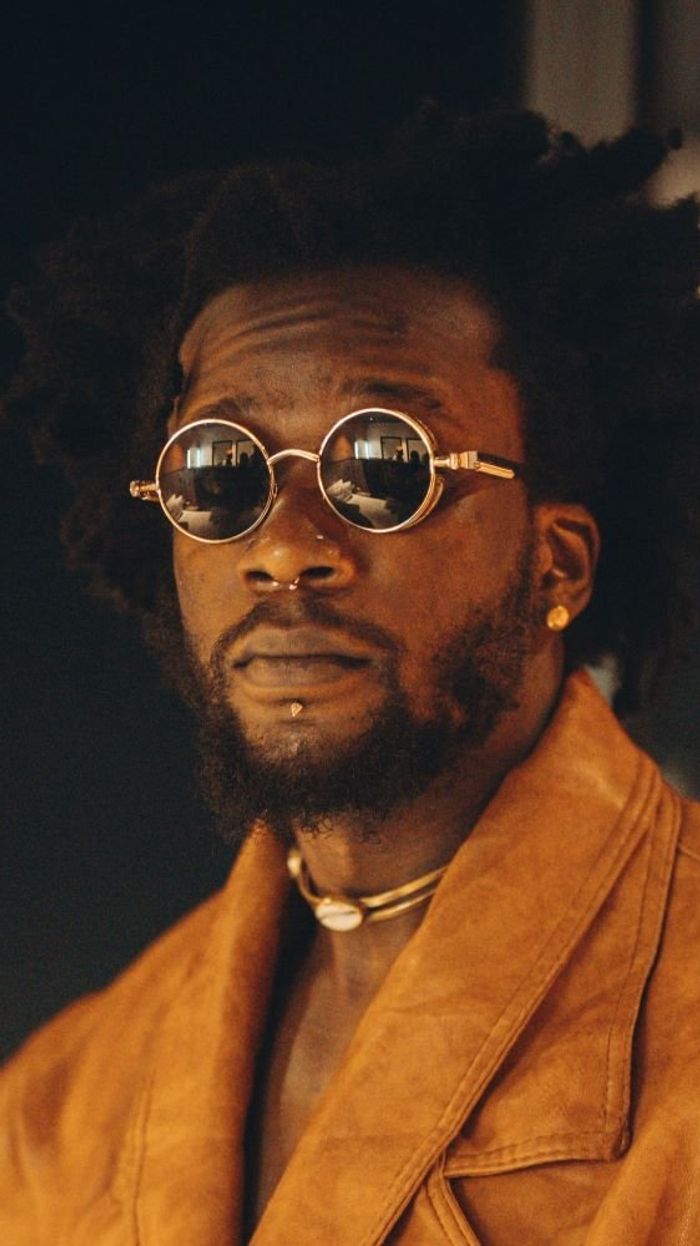
Elijah Kitaka’s breakthrough track has quickly turned into a significant milestone for the Ugandan artist, supported by his label, Swangz Avenue. The music video has accumulated an impressive 1.6 million views on YouTube in just two months.
Despite his rapid success, Kitaka’s journey has not been without hurdles. As a skilled drummer, he was once happy to stay behind the scenes. However, stepping into the limelight as a performing artist has been a challenging transition, particularly as he navigated the expectations of being a pastor’s son.
Kitaka’s path to musical recognition was crucial for him to discover his unique artistic expression, which includes music, drumming, and his sense of style.
“Music offers me a sense of freedom,” Kitaka tells TunesDeck. “It’s vital to create music for yourself and then share it with others. This genuine connection with your creative work is what resonates with audiences.”
In an interview with TunesDeck, Kitaka reflects on his evolution from a timid drummer to a confident lead performer, his upbringing in a musically-inclined family, and his transition from church performances to the mainstream music scene.
This interview has been edited for brevity.
TunesDeck: Congratulations on “Dawa,” which has become a massive hit in Uganda. Can you tell us about the song’s origin?
Elijah Kitaka: Thanks! ‘Dawa,’ which translates to ‘medicine,’ was crafted with Daddy Andre, a prominent songwriter and artist in Uganda. The song symbolizes something indispensable in life, whether it’s a person, a location, or even a device. We had a special feeling about it after recording, and I’m thankful for its positive reception.
This marks a fantastic time for my music career, reflecting the hard work I’ve invested. Gaining recognition from a broader audience is truly rewarding, and I am grateful for the journey and how the song has been received.
Did you always have a passion for music as a child?
I grew up in a church environment surrounded by various instruments—guitars, pianos, and drums—thanks to my musically inclined family. Drumming resonated with me, and I participated in church music and choirs from an early age. As I progressed to university, I transitioned from church drumming to the live music scene in Uganda, juggling school and music, which was challenging yet rewarding. Eventually, I ranked among the top three drummers in the country. Collaborating with artists like Maurice Kirya and Tshaka Mayanja, among others, honed my skills and boosted my confidence.
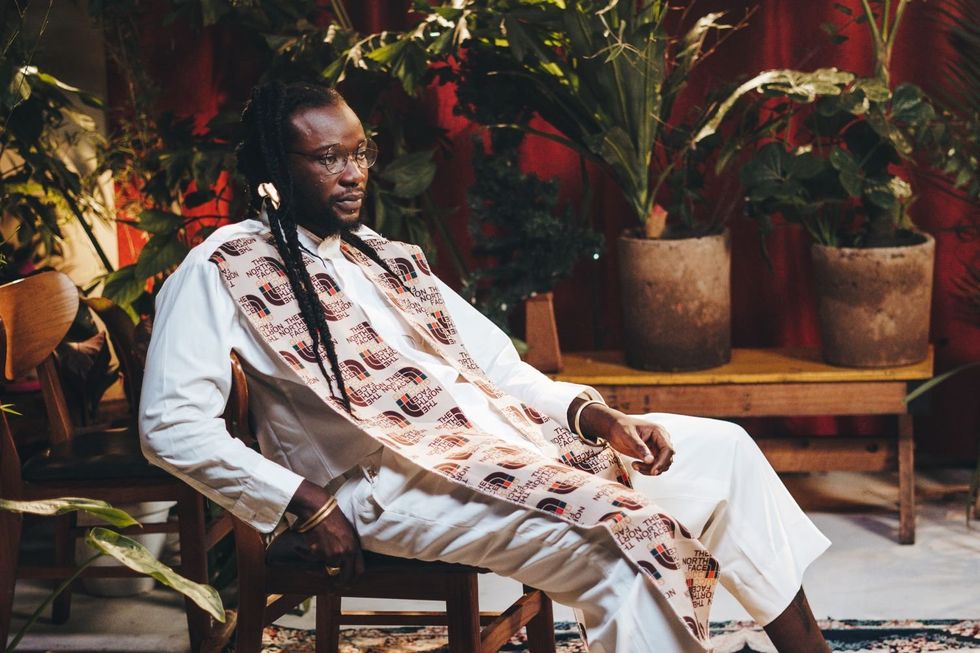
How did you make the leap from drumming to singing?
Drumming was my safe space, but I also had a passion for singing, despite my shyness. I began composing music and decided to record some tracks, releasing my debut album on March 30, 2020—my birthday—right as the pandemic began. I was unaware of the music release process, yet I unexpectedly garnered some views. My bandmates were taken aback by my ambition—they never believed I could sing.
Did your church upbringing influence your musical skills?
Absolutely! Beyond my family, I was influenced by other musicians connected to my parents. The church setting provided a rich environment for music, a nurturing space that acted as a music school long before formal institutions existed. It fostered skills in instrument play, harmonization, and singing—a foundation for many Ugandan musicians, including myself. This experience allowed me to grow artistically and develop my talents over time.
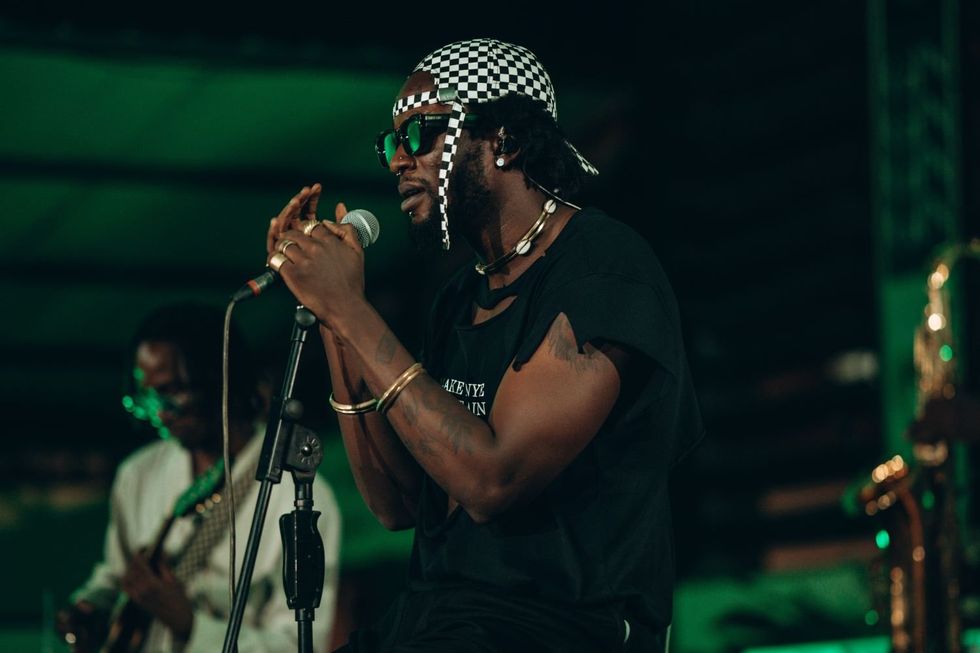
What valuable lessons did you take from your drumming experience into your singing career?
Observing artists prepare for performances and manage their fan interactions provided critical lessons. My extensive role as a music director in various shows helped build my confidence. These experiences taught me much about artistry, inspiration, and musical vision, fueling my growth as a performer.
These experiences blend; my skills as a drummer and producer enhance my work today. Each artistic facet supports the other, enriching my performances and creative processes. It’s enjoyable, and I continue to learn.
You seem to take fashion risks…
Fashion, to me, represents freedom. Coming from a conventional church background, where music sometimes faced scrutiny, I needed to carve out my unique expression. Although I initially wished to pursue tailoring, I instead studied software engineering. One must choose between living in constraint or embracing freedom—not negatively. Parents support their children, but often have a vision for them that doesn’t align with what God may have for us. Music carved a path for me, prompting sincere conversations with my parents.
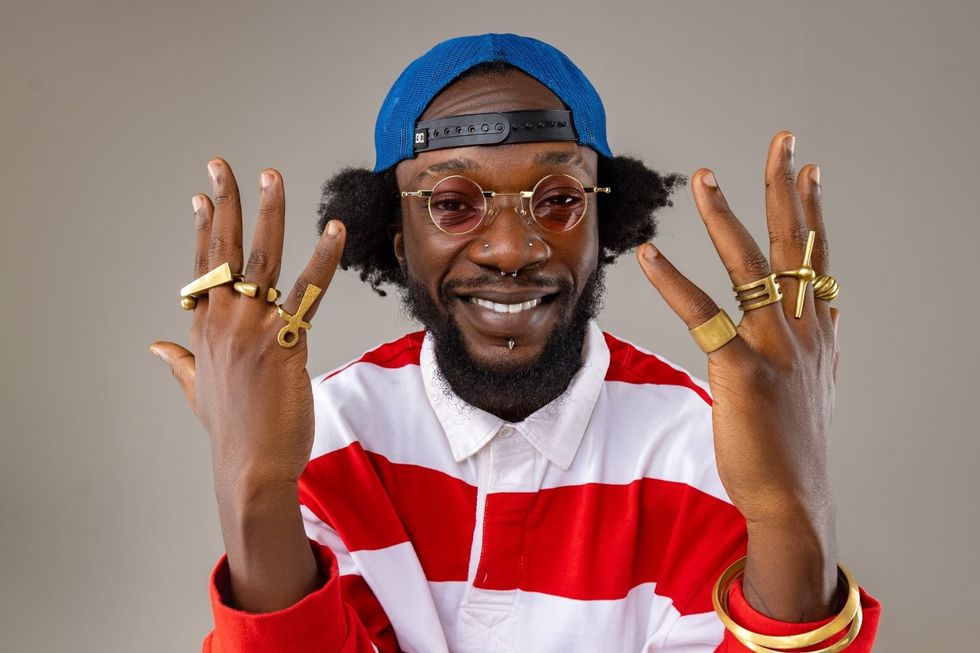
What has been your parents’ reaction to your chosen career path?
Initially, it was challenging for my father, a pastor, to come to terms with my choice. There were times I distanced myself from them to pursue my passion, wanting to avoid causing them distress. While I understand their concerns, I also strive to advocate for my identity and aspirations.
What is next for you following “Dawa”?
Exciting plans are ahead! A remix of “Dawa” featuring Bien is on the way, and I am working on my new album, expected to release next year. Additionally, my record label, Swangz Avenue, is set to unveil a collaborative album featuring numerous talented artists. Great things are in store!

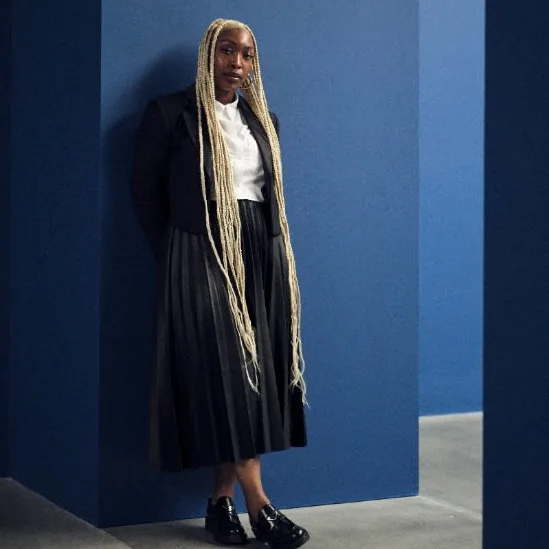
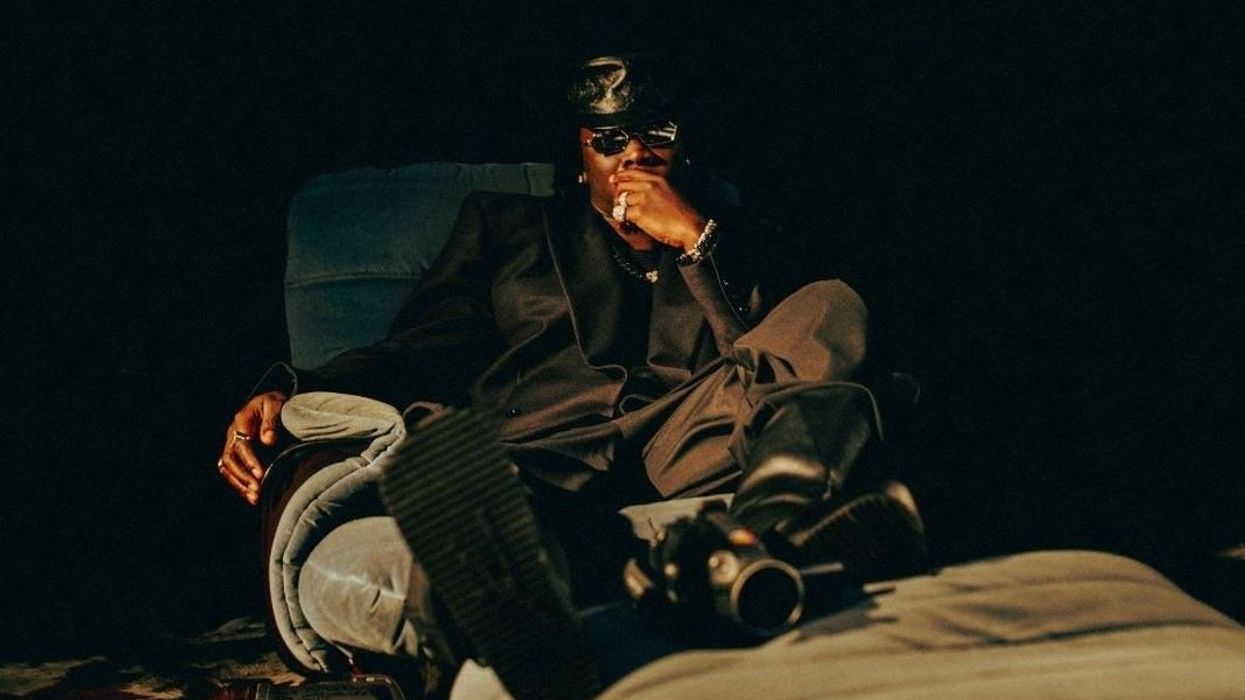
Comment